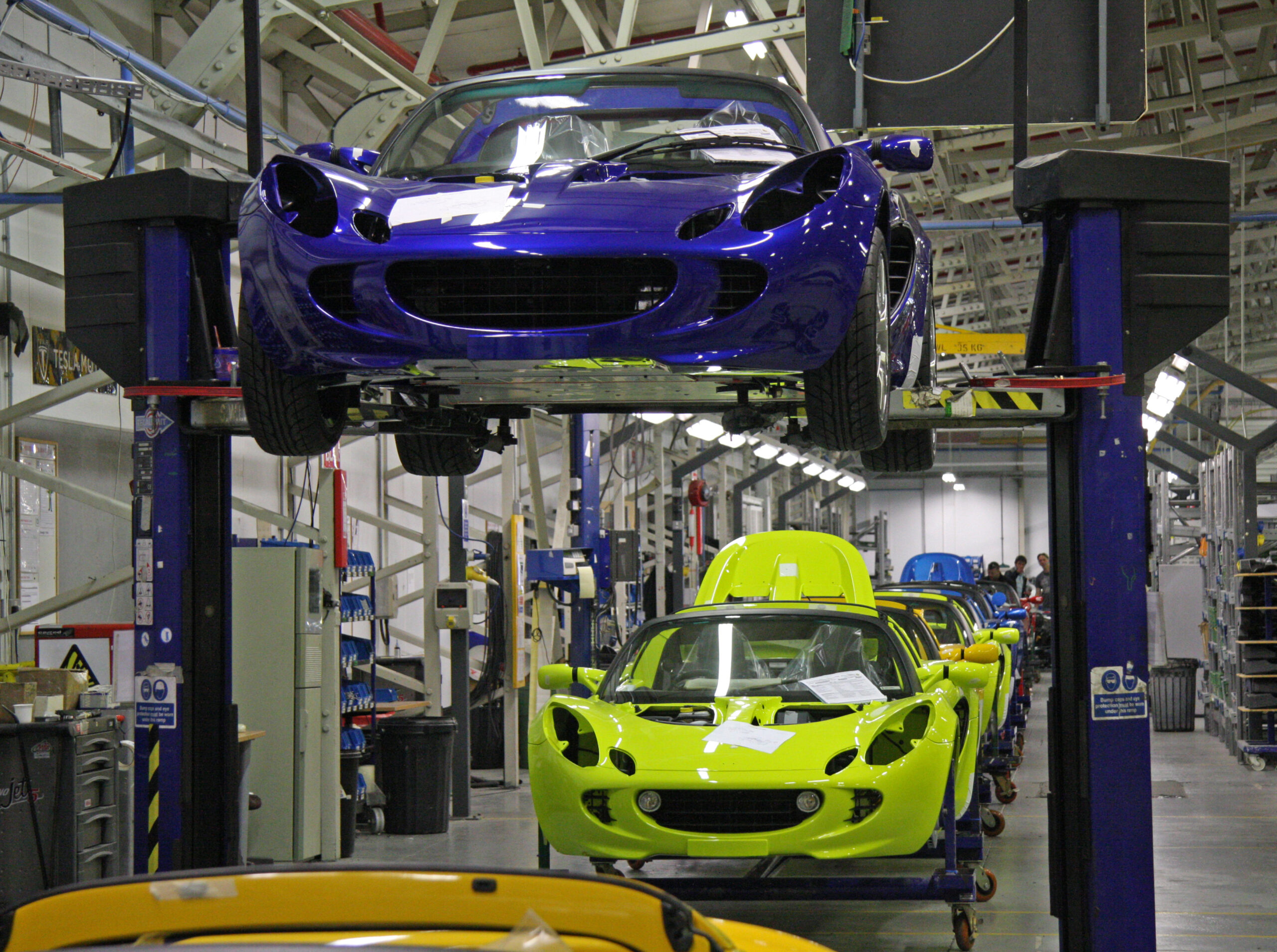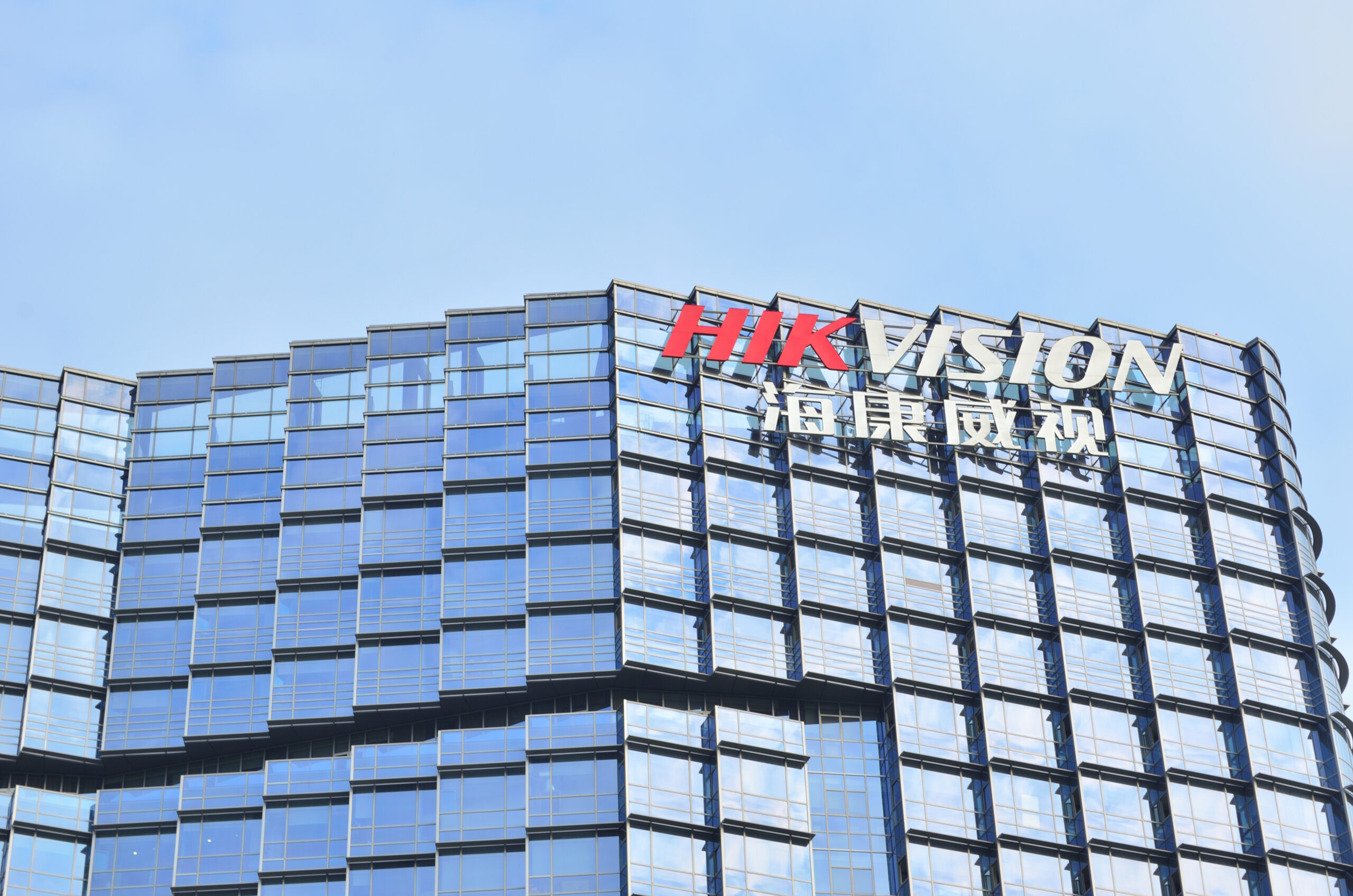Sportscar manufacturer Lotus is reportedly reviewing plans to shift production away from its UK headquarters in Hethel, Norfolk, to a new facility in the United States. Such a move could put around 1,300 jobs at risk in the UK.
Impact of US Tariffs on Production
The potential relocation comes after Lotus temporarily halted production in Hethel due to the disruption caused by tariffs on vehicles imported to the US. The US imposes a 25% tax on imported cars and car parts, making America an expensive market for Lotus.
Recent figures show UK car exports to the US have halved, largely attributed to tariffs introduced by President Donald Trump. While a deal between the UK and US has reduced tariffs to 10%, it is not set to take effect until the end of June, meaning manufacturers continue to pay the higher rate in the meantime.
Company Background and Ownership
Lotus is majority owned by Chinese automotive group Geely, which is reorganizing its portfolio that includes brands such as Volvo, Polestar, and Lynk & Co. The company currently manufactures cars both in Norfolk and Wuhan, China.
Founded by engineer Colin Chapman in the early 1950s, Lotus moved to Norfolk in the 1960s. Despite recent job cuts, Lotus has expressed commitment to the UK market, describing restructuring as vital to maintain competitiveness amid challenging market conditions.
President Trump’s tariffs on imported goods aim to boost American manufacturing, affecting sectors including automotive. Car imports previously faced a 2.5% tariff, which has now increased, although the recent US-UK agreement limits the tariff to 10% on up to 100,000 vehicles annually. This limit aligns with last year’s UK car exports to the US.
Author’s Opinion
Tariffs designed to protect domestic industries often backfire by pushing companies to relocate production overseas, undermining local jobs and economic ecosystems. Lotus’s potential move to the US reflects broader challenges faced by global manufacturers caught between protectionist policies and the need for cost-effective production. For UK manufacturing, this is a stark warning that policy decisions can have unintended consequences, threatening historic brands and skilled labor markets.











